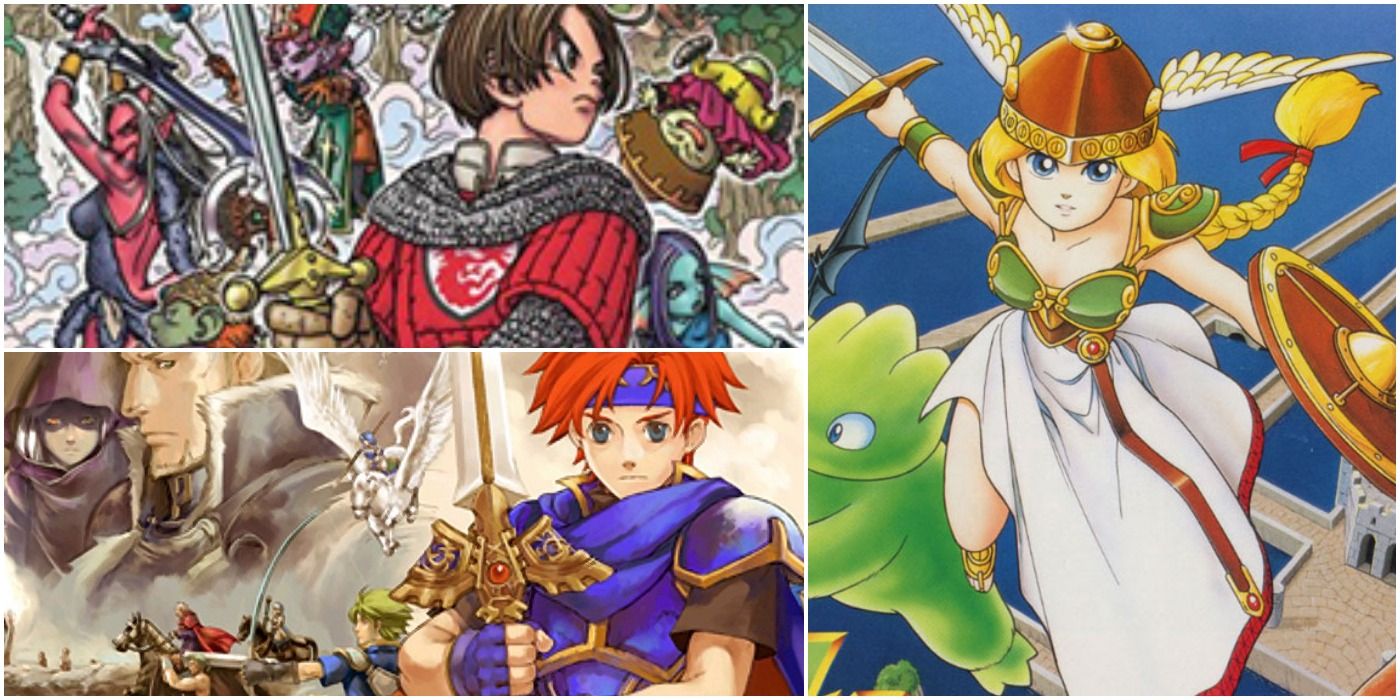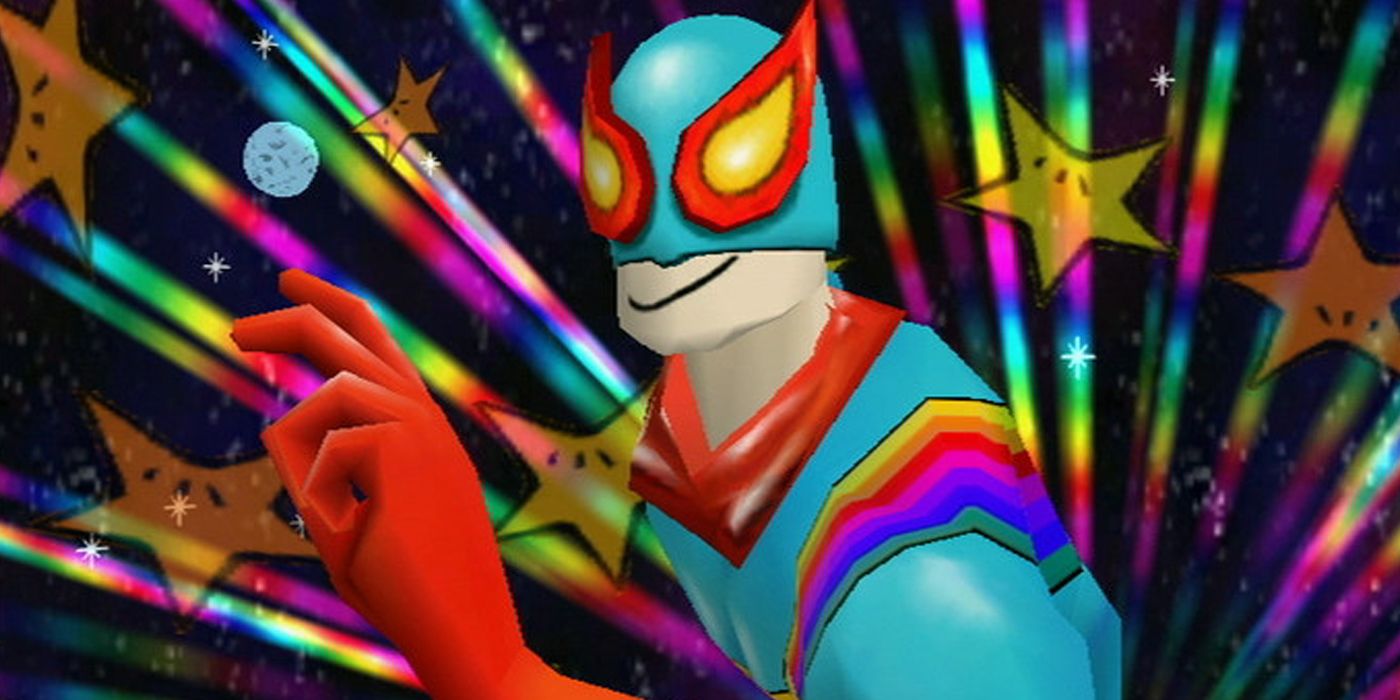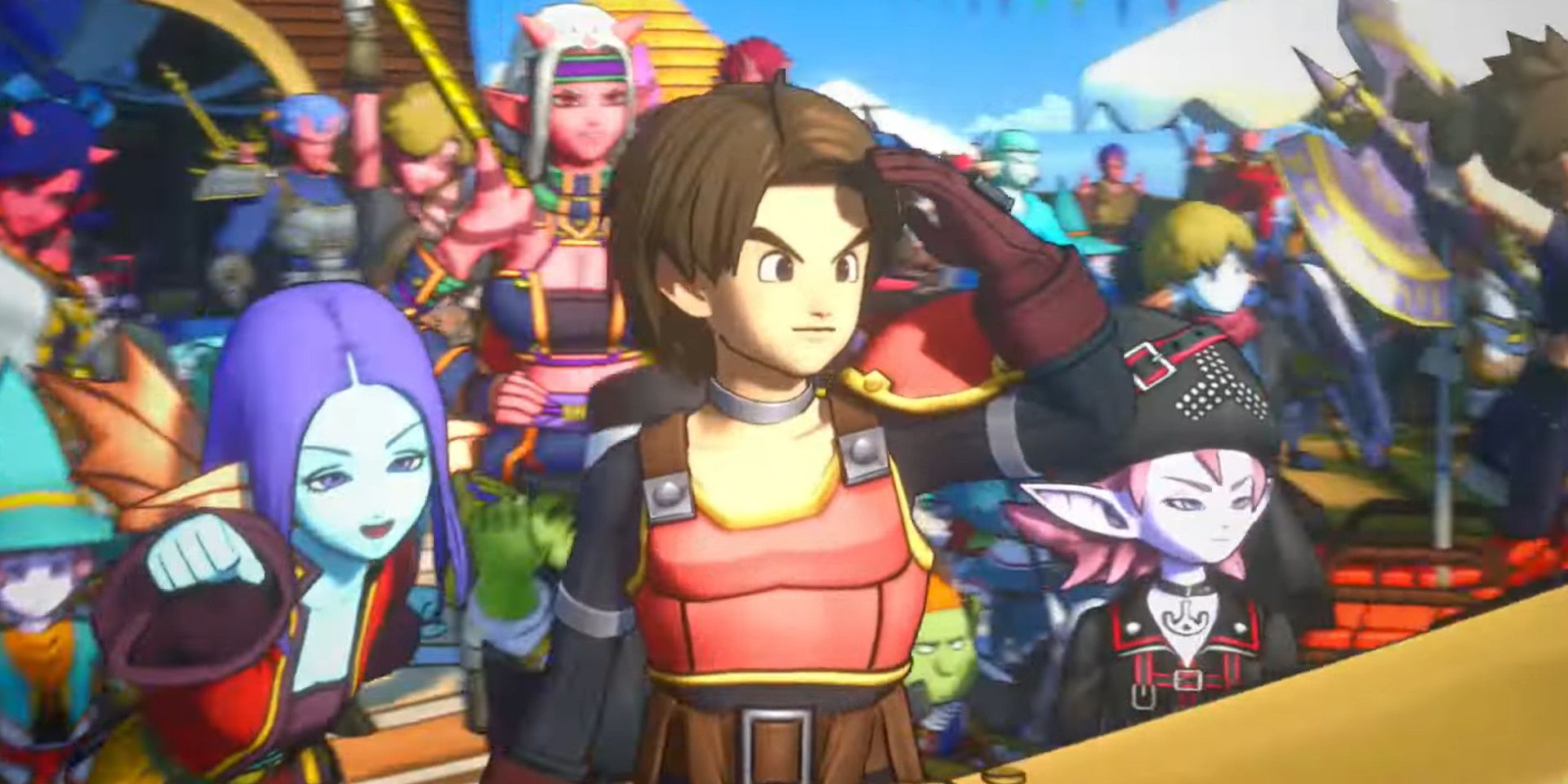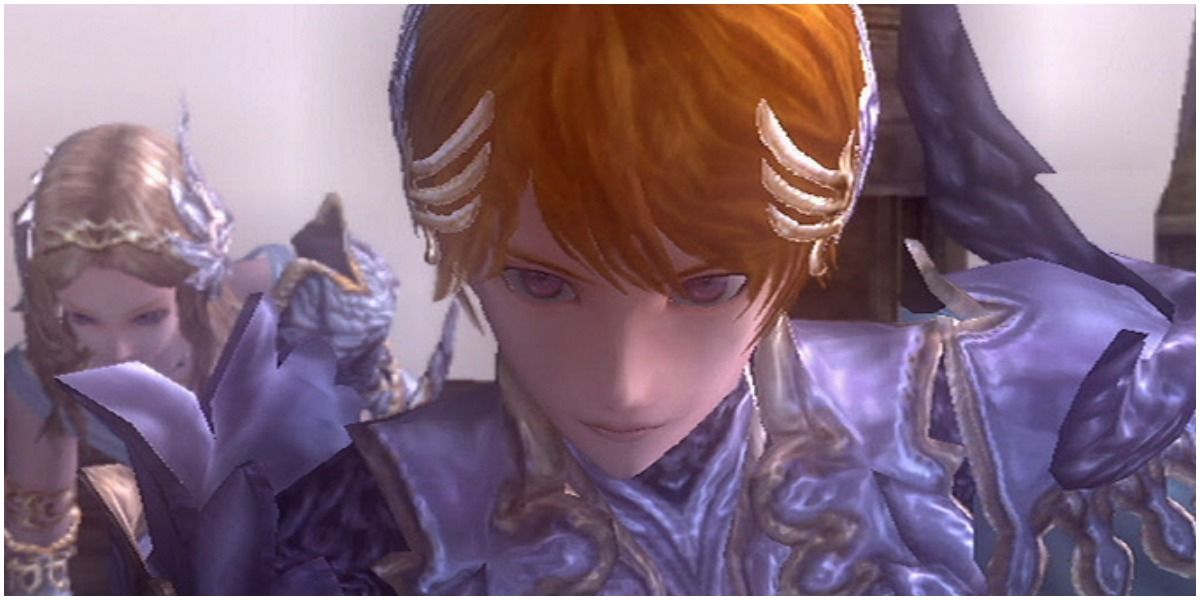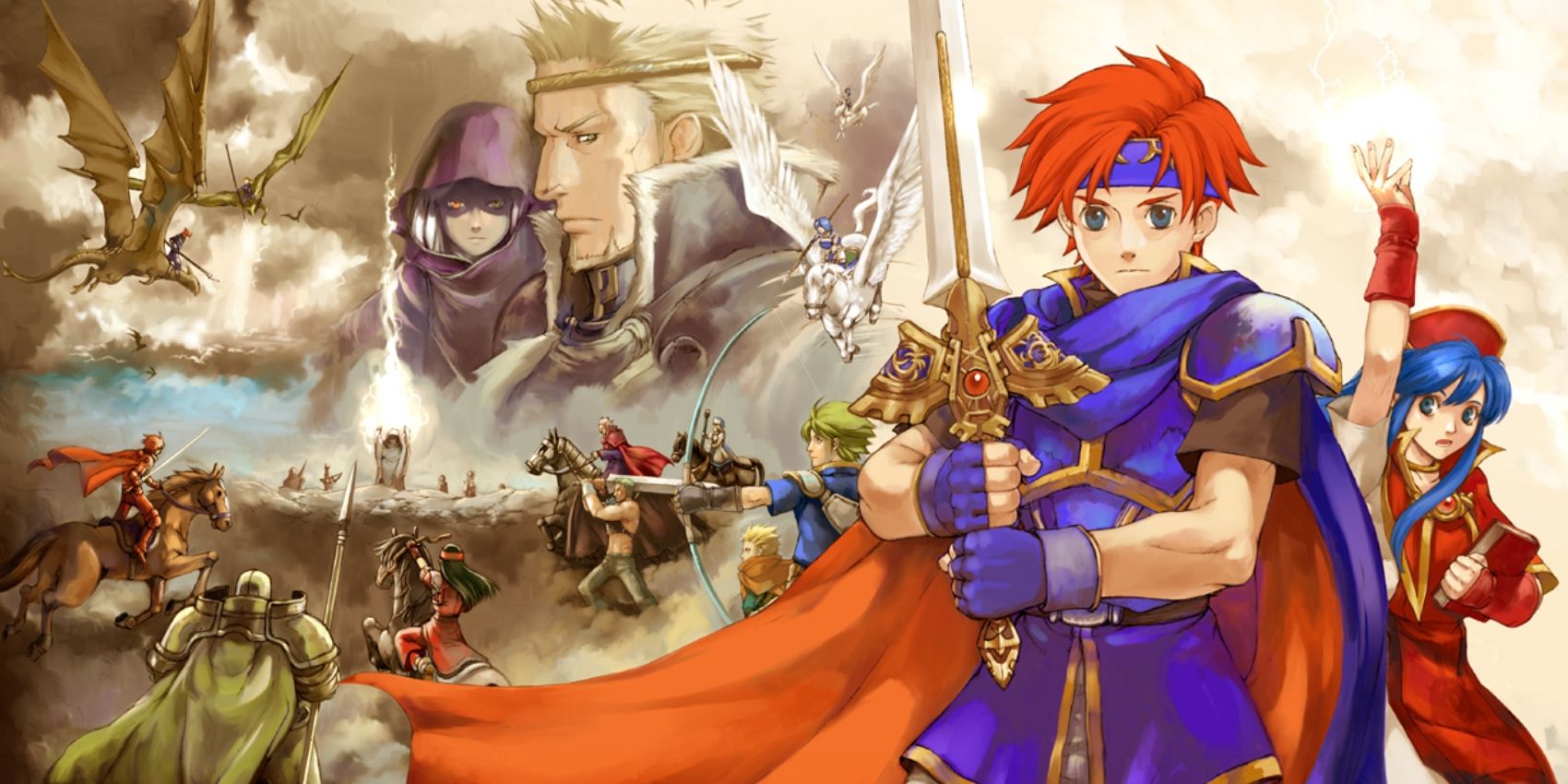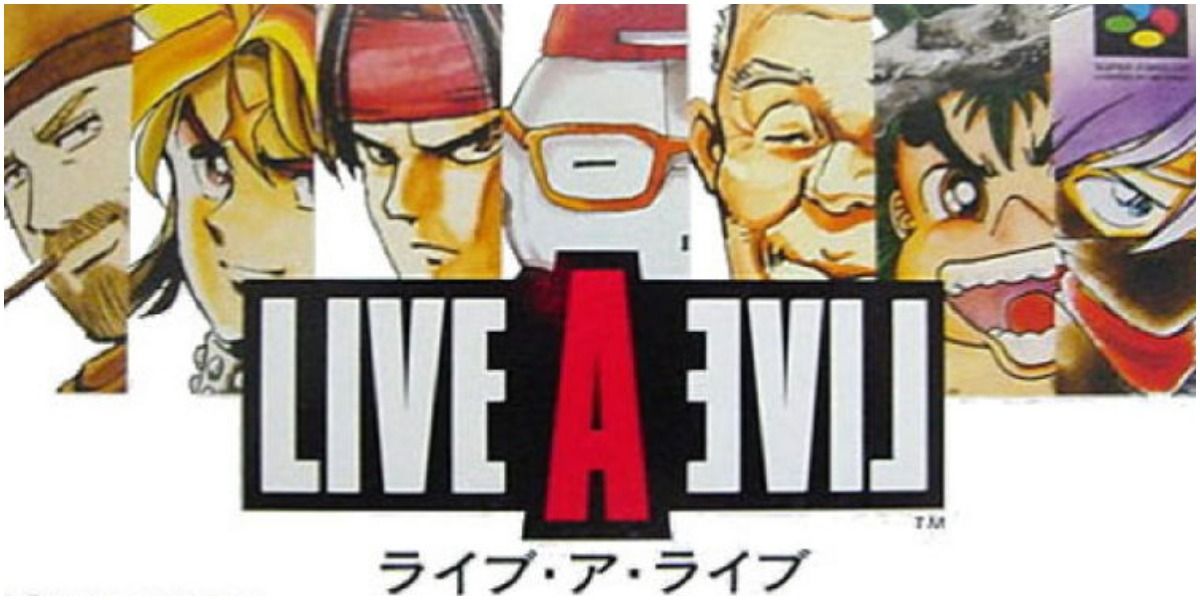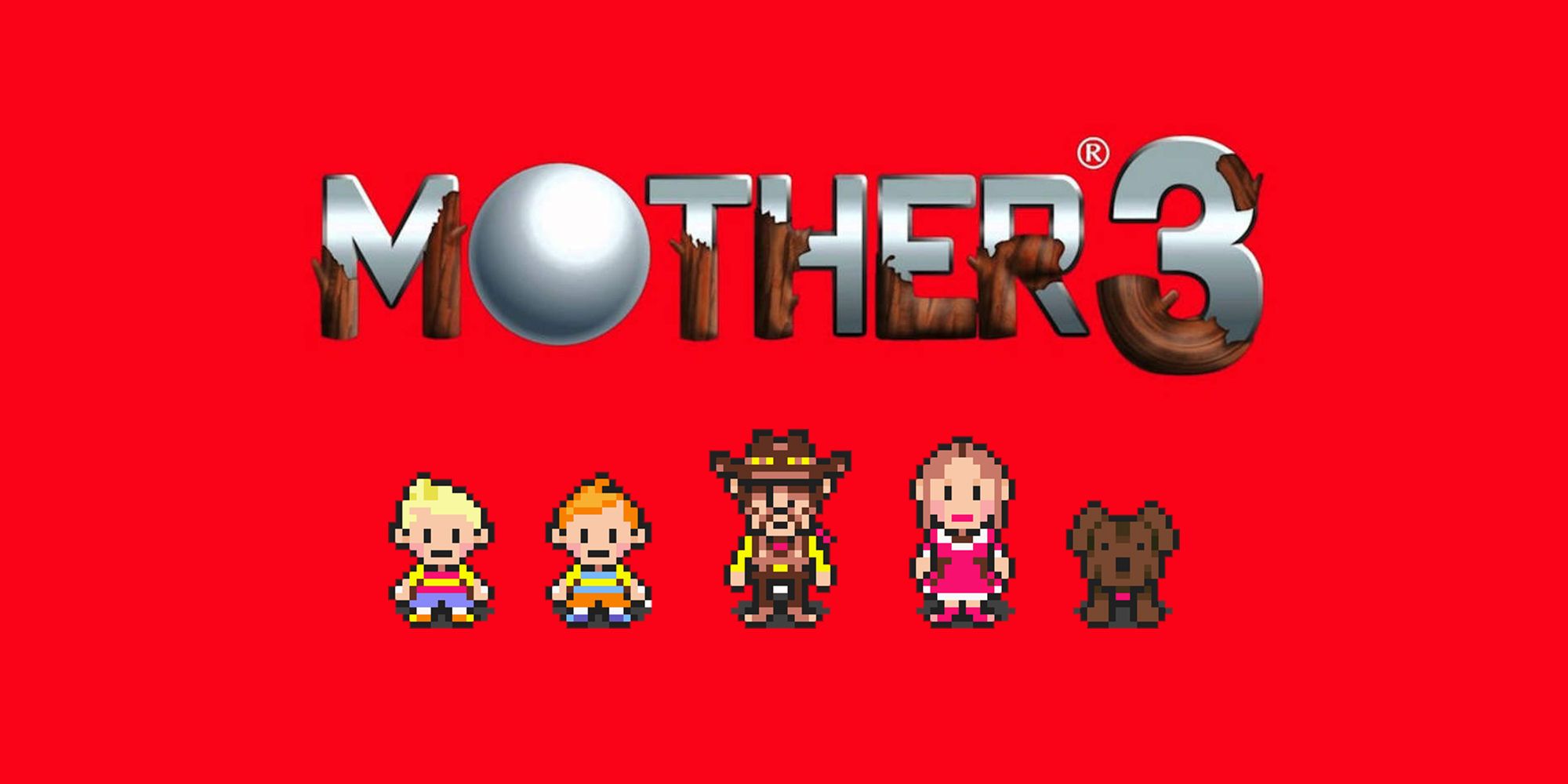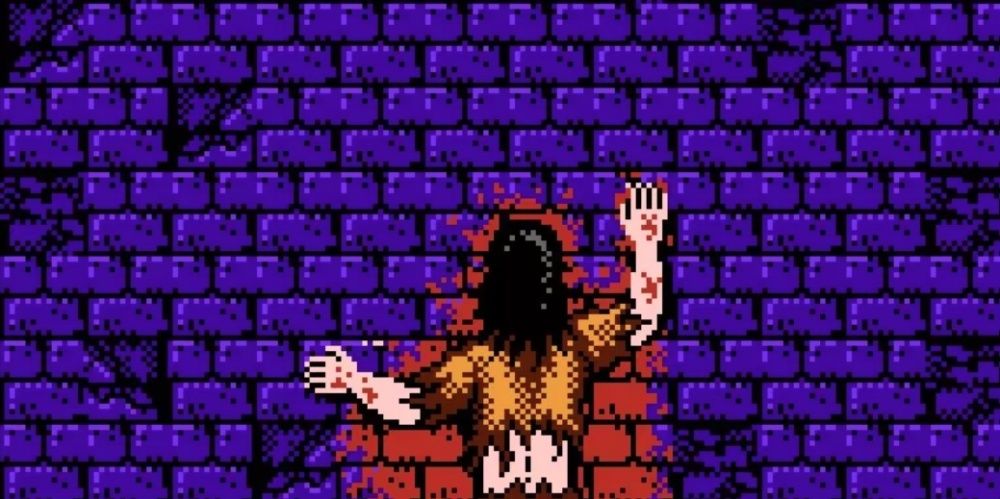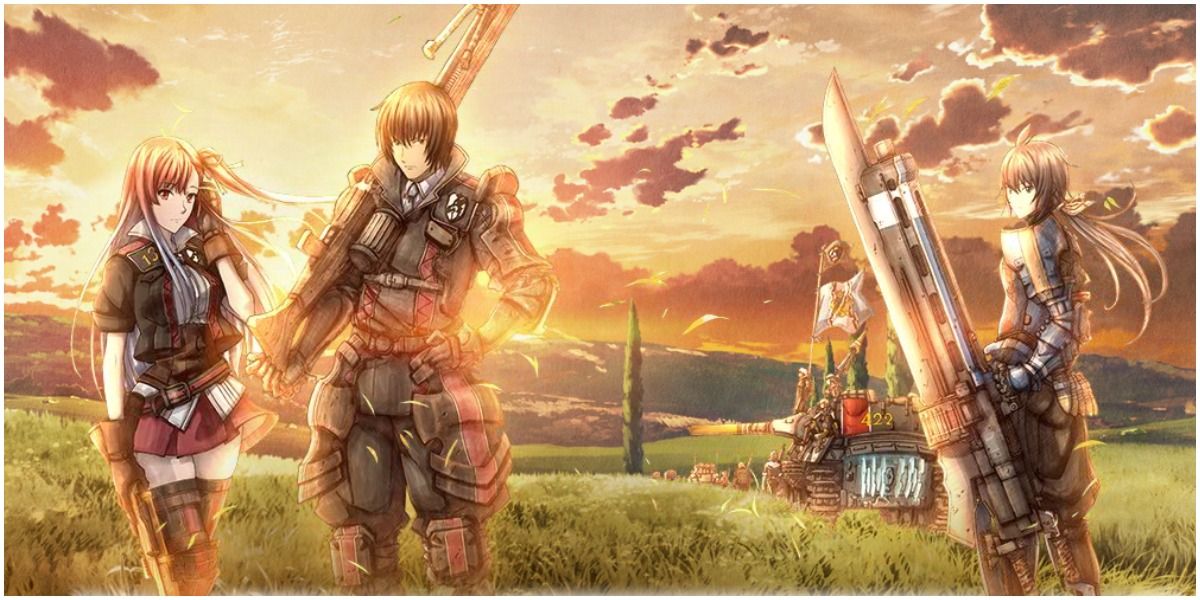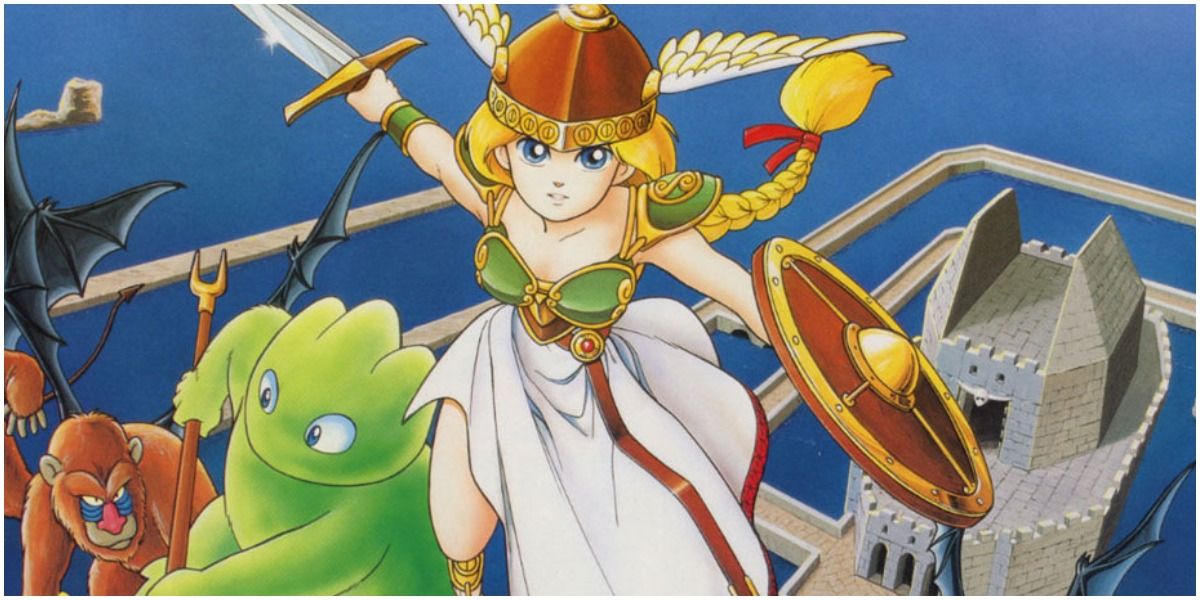Nintendo has been a juggernaut in the gaming industry for decades. As time goes on, more and more of the games released to their systems receive localizations to other countries outside of Japan. Some, including the infamous Final Fantasy V, get remastered onto newer systems when they finally are officially translated.
However, not all games make their way out of that country, even if others in their series have in some capacity. The good news is that these games can still be played thanks to the hard work of some dedicated fans who make high-quality translations for the masses.
10 Bahamut Lagoon Could've Been Big In The West If It Didn't Come So Late In The 16-Bit Era
Bahamut Lagoon was a game released for the Super Famicom in 1996 and then rereleased on Virtual Console in 2009, but only in Japan. While the game technically has no connection to Final Fantasy, it has many similar gameplay mechanics and a very Final Fantasy Tactics-esque feel. Originally, an English localization had been announced, but it was canceled due to the SNES slowly being replaced with PlayStation development. Fans took it from there and made their own.
The game itself is a turn-based strategy and follows the survivors of Kahna who used to be guarded by the dragon Bahamut from the encroaching Granbelos Empire. Bahamut fell into a deep sleep and the survivors have to form the resistance on their own, each with their own dragons that helped them throughout the various maps and battles.
9 Captain Rainbow Is Like An Over-The-Top Animal Crossing Game Starring A Superhero
Captain Rainbow was released exclusively to Japan and Taiwan in 2008 for the Wii and was rumored to be getting an English localization in 2009. However, that unfortunately never came into fruition.
The game follows former television star Nick, who takes on the guise of Captain Rainbow and performs good deeds on an island in order to try to gain back some of his lost fame. Some fans compare it to an Animal Crossing-style game with a more twisted sense of humor, so the fanbase looking for cute games that are fun just for the sake of fun would definitely have a field day if it were ever officially released.
8 Dragon Quest X Is The Beloved Series' Divisive MMO Entry
Dragon Quest is far from a franchise that has no basis leaving Japan. Most of them actually have English localizations, however X never got that chance. It was released in 2012, but had one fatal flaw: Unlike all of the other Dragon Quest games, X is an MMORPG. Right around the early 2010s was when the real affection for MMOs started dying out in the west, not to mention the resources that would have been required to translate to a dying audience.
So instead of doing that, they focused on what they had and started working on the other standalone games. Fans took it upon themselves to release translations and guides in the absence of anything official, and it found quite a bit of foreign life due to their efforts.
7 Zangeki No Reginleiv Was A Victim Of Non-Casual, Third-Party Wii Games Not Typically Selling Well In The U.S.
Zangeki No Reginleiv was a 2010 release to the Wii, which was its biggest fault. The system catered so heavily towards a family-friendly system that games outside of this model did not do great. However, the action adventure game was perfect for the motion controls granted by the Wii, and ended up having fans working hard to make a translation for it.
The game follows the story of Freyja and Freyr as they battle the Jötunn and attempt to stop the encroaching Ragnarok. It was full of Norse mythology and was handled beautifully. The protagonists did appear on trophies on the Wii U's Super Smash Bros. which did give some fans hope that there will eventually be an official English localization.
6 Fire Emblem: The Binding Blade Was The Last FE Game Before The Series Finally Left Japan For The First Time With The Next Entry
Fire Emblem is another franchise where some of the games left Japan while others didn't. It was released in 2002 and was the first of the series to be released to a handheld console, and was also the origin game for Smash favorite Roy. While the other two games released for GBA found success outside of Japan, The Binding Blade was never given the opportunity.
This Fire Emblem follows Roy himself as he leads Pherae's army in order to defend against potential attacks from Bern. He eventually comes in possession of the Binding Blade, part of a 1,000 old catastrophie where the Divine Weapons and the Binding Blade were so powerful they had destroyed the balance of nature in a phenomenon later referred to as the Ending Winter. The return of this ends up needing to be stopped, as it's not just Roy getting his hands on an ultra powerful weapon.
5 Live A Live Was Ahead Of Its Time But Didn't Have The Sales To Justify It Leaving Japan
Live A Live was a 1994 release for the SNES exclusive to Japan, however fans have made sure to give this gem its outside due. Live A Live was ahead of its time, following multiple very different protagonists on their individual storylines in a way that would all combine near the end as one solid, overarching plot.
It was much like Octopath Traveler as it was very rich in the story for each of the protagonists. However, unlike Octopath, each one of the stories do link up with each one contributing to the finale. It was a style hard to achieve success in, but it really handled it well. Unfortunately, it had poor sales so there was never much of a reason to dedicate funds to translating it officially.
4 Mother 3 Might Very Well Be The Mother Of All Unlocalized Games
Mother 3 was the sequel to what was branded as EarthBound outside of Japan, releasing in 2006 for the GBA. It did gain a rerelease in Japan for the Wii U Virtual Console in 2016, however there have been no releases outside of Japan in any official capacity. It has become such a cult-classic that the fan translation has gained massive success, receiving over 100,000 downloads within a week.
It followed the young psychic Lucas as he and his friends prevent an invading alien army from completely corrupting and inevitably destroying the world. It vaguely fits in with the EarthBound theme as far as plot, but Mother 3 had a different feel than its predecessors. It was more focused on character development and a more dramatically mature story. It also had some major gameplay differences, including a more top-down style, was actually turn-based, and had battle mechanics that innovated the genre.
3 Sweet Home Laid The Groundwork For Resident Evil Almost A Decade Earlier
Sweet Home was a survival horror RPG released in 1989. It was based on the Japanese horror film of the same name, and is widely known to be the main inspiration behind the Resident Evil series and a forefather of the entire survival horror genre. It was so wildly successful in Japan that it was considered even better than the film.
The game was instrumental in laying the groundwork for quick time events, inventory management systems, and ghost story themes. The story is about how a famous artist hid several precious frescos in his mansion and then disappeared for thirty years. The modern team attempts to retrieve these, only to find the mansion is haunted by the ghost of the artist's wife and filled to the brim with monsters.
2 Valkyria Chronicles III Saw That Franchise Bounce Back After The Disappointing Second Entry
Valkyria Chronicles III was a tactical RPG released for the PSP in 2011. It received positive sales and high praise from both Japanese and western critics, to the point it also received a manga and an original video animation series. However, due to the low sales of its predecessor, Valkyria Chronicles III was never localized. The best fan translation of the game is also compatible with the game's expansion and appeared in 2014.
Taking place in a fictional World War II, the game focuses heavily on real-world mechanics while also adding in extreme levels of fantasy and a massive amounts of intrigue. The game was seen as a major step up from the disappointing second entry in the series, but sadly, only Japanese gamers ever officially got to enjoy the franchise bouncing back.
1 Valkyrie No Bouken Has Seen Many Ports, Re-Releases, And Inclusions In Compilations, But Only In Japan
Valkyrie No Bouken was initially released in 1986, and then again in 2007, 2013, and 2015, yet none of them made it outside of Japan. Valkyrie appears in many cameos in other games, but her original game is locked behind fan translations or Japanese systems.
The story is about a formerly peaceful land with a large clocktower watching over it. An ancient evil was trapped in the clock, which had been forgotten by the people. One of the villagers attempts to rewind the clock, but drops the key of time. It gives Zouna the opportunity to steal the key and terrorize the land. Valkyrie is a shieldmaiden who descends on the land and vows to save it from the darkness.

